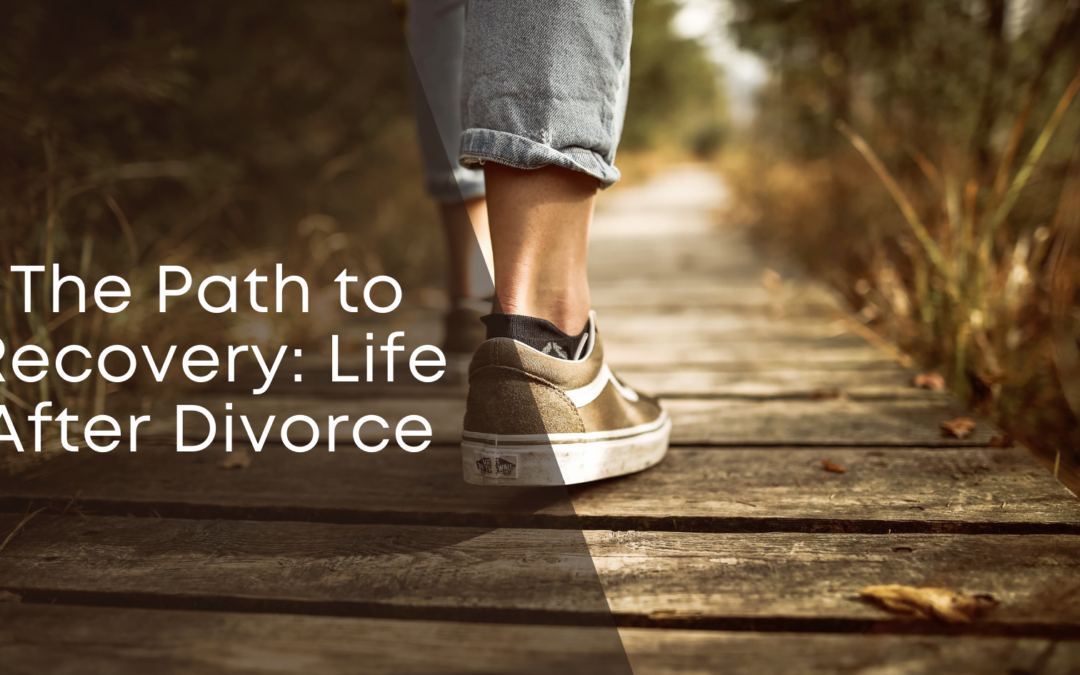Imagine standing at the crossroads of life after a divorce, feeling a mix of uncertainty and hope. You’re not alone in this journey. Like many, you may find yourself pondering over what went wrong, grappling with feelings of loss, and unsure about the future. But what if I told you that this crossroads is not a dead end but a gateway to a new, fulfilling life? This is the story gap – a transition from a painful past to a promising future, and it’s within your reach.
The Central Problem
Divorce is more than just ending a marriage legally; it deeply changes your life in three major ways. First, there are direct and clear problems like who gets the children, money worries, and having to change your daily life. Second, there’s the emotional side – you might feel like you’ve failed, feel lonely, or be scared about what comes next. Third, there’s the unfair judgment and negative opinions from society about divorce, which can make you feel criticized and not understood.
But don’t forget, it doesn’t have to stay this way. There are ways to heal and grow from this experience.
The Path to Recovery
I am Steven Unruh, a seasoned divorce mediator with over 30 years of experience. I’ve witnessed firsthand the struggles and triumphs of those going through divorce. I understand the pain, the challenges, and most importantly, the path to recovery and empowerment. Follow these four steps to begin your journey.
1. Building a Supportive Network
Surrounding yourself with supportive people is essential for emotional healing after a significant life change like divorce. It’s important to be around friends who are positive and uplifting, offering encouragement and understanding. Consider joining support groups where you can connect with others who are going through similar experiences. These groups provide a sense of community and shared understanding, which can be incredibly comforting and empowering. Additionally, seeking professional counseling can offer personalized guidance and strategies to cope with your emotions and the challenges you’re facing. Engaging in these positive social interactions helps you heal emotionally, providing a network of support and a reminder that you are not alone in your journey.
2. Embracing Self-Care and Personal Growth
Investing in yourself is crucial, especially after life-changing events like divorce. It’s a time to rediscover who you are and what brings you joy and fulfillment. Start by exploring hobbies that you’ve always wanted to try or revisiting past interests that you might have set aside. Engaging in activities you love can be a powerful way to reconnect with yourself. Prioritizing your health is also vital. This includes not just physical health through exercise and proper nutrition, but also mental and emotional well-being. Practices like meditation, yoga, or even regular walks in nature can greatly enhance your mental health. Personal development is another key area. Consider reading books, attending workshops, or even seeking a coach or therapist who can guide you in personal growth. Focusing on self-care helps rebuild your self-esteem and reestablish your identity, empowering you to move forward with confidence and resilience.
3. Financial and Legal Empowerment
Gaining knowledge about your finances and legal rights is essential, particularly during a divorce. It empowers you and boosts your confidence in making informed decisions. Start by understanding your financial situation, including assets, debts, and potential alimony or child support. Consulting with a financial advisor can provide clarity and help plan your financial future. Additionally, working with a divorce mediator can offer insights into your legal rights and options, facilitating a smoother, more amicable resolution. This knowledge not only equips you to navigate the divorce process more effectively but also lays a foundation for your financial stability and peace of mind post-divorce.
4. The Role of Divorce Mediation
Divorce mediation is a transformative approach that encourages cooperation and communication between parties. Unlike traditional litigation, it fosters a collaborative environment, helping to minimize conflict and stress. This method allows both parties to discuss and negotiate their needs and interests directly, leading to mutually beneficial agreements. Mediation is often more satisfactory for both parties, as it gives them more control over the outcome. Additionally, it is generally more cost-effective and faster than going through court battles. By choosing mediation, divorcing couples can create a more amicable resolution, setting a positive tone for future interactions, especially important if children are involved.
Embracing Change: Your Future Awaits
You might feel hesitant or skeptical about these steps. Change is hard, but it’s also the pathway to growth. Embrace it with an open mind, and you’ll find the journey less daunting. Take the first step towards your new life. Reach out for support, invest in your well-being, and consider divorce mediation as a tool for a peaceful transition. Imagine a future where you are in control, at peace, and thriving. That future is not just a dream; it’s a possibility that awaits your action.
This blog is more than just words; it’s a roadmap to a brighter future. As Steven Unruh, I’m here to guide you through this journey. Embrace this new chapter with confidence. Reach out, and let’s navigate this path together.


Recent Comments